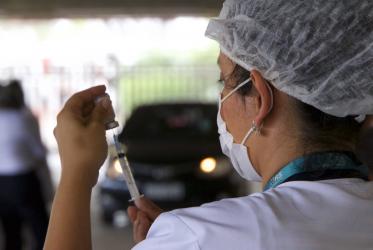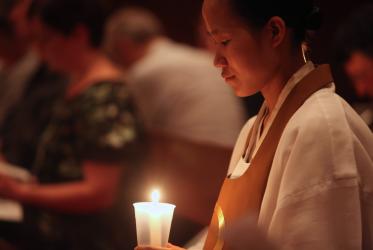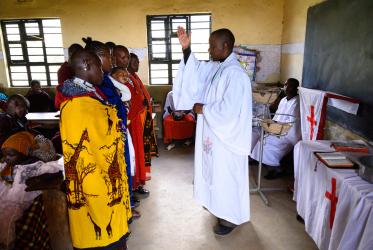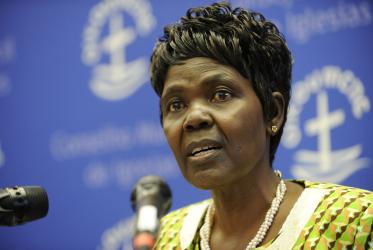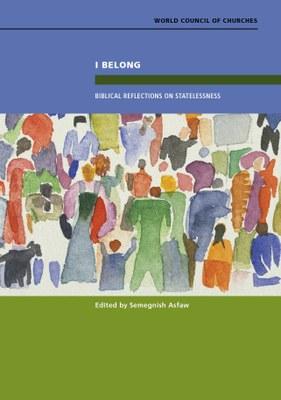Displaying 21 - 40 of 152
20 September 2021
Webinar highlights the role of women in post-COVID-19 cooperation
11 February 2021
United Nations declares International Day of Human Fraternity
23 December 2020
Christians in Africa face increasing violent attacks, repression
23 December 2020
I Belong: Biblical Reflections on Statelessness
Biblical Reflections on Statelessness
12 October 2020
Freedom of religion rooted in justice
06 March 2020





